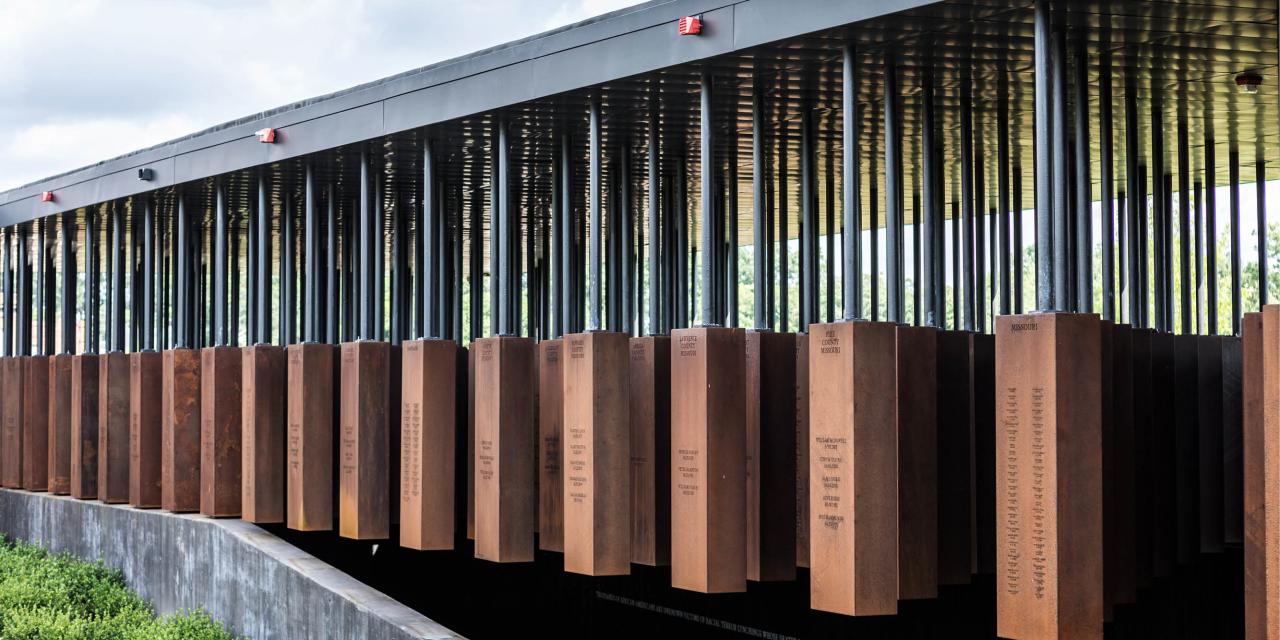Jane Rogers Vann teaches a course on worship, sacraments and education at Union Presbyterian Seminary in Richmond, Virginia. She also teaches in a hybrid online/residency course for the Presbyterian Church (USA) Christian Educator Certification program. Her books are Gathered before God: Worship-Centered Church Renewal and Worship Matters: A Study for Congregations. In this edited conversation she talks about doing the same thing over and over in worship.
I’ve heard Presbyterians jokingly refer to themselves as “God’s frozen chosen.” Do Presbyterian (PCUSA) churches mostly all follow the same order of service?
Not at all. It’s soup to nuts what people do in worship. It’s all over the map. Our Directory for Worship, which is part of our denominational constitution, allows us to negotiate the relationship between form and freedom.
What have you noticed about comfort levels with changing the patterns of worship?
In the early 2000s, I was part of a PCUSA study of sacraments. My task was to convene focus groups at various international gatherings. The committee colleague who went with me is a liturgical theologian. As PCUSA people began describing what they did with baptism and the Lord’s Supper, he just about squirmed out of his chair. He wanted to say, “But you can’t do that!”
Did the variety bother you?
Not really. My research is in ethnographic interviewing. The goal is to listen and try to understand something from an insider’s point of view. When I assign students to do church visits, I give them a process for looking, seeing and hearing what is actually said and done. They learn to describe and analyze how worship is faithful to a theological or liturgical tradition. One of my goals is to help students focus on worship as an event—what is really happening—rather than on their emotional experience.
What have you learned from interviewing people about church worship and reading your students’ observations?
I really truly believe that people don’t trust the liturgy itself. If you practice liturgy in a fullsome, highly participatory way, consistently over time, then the liturgy is spiritually formative. Too many people want a service that “works” to move people. They lack patience with a service that provides opportunity to rest, or one that has repetitive elements.
But does placing so much value on liturgy and ritual meet people’s needs? Is it relevant only for certain cultural or socioeconomic groups?
People don’t understand that liturgy is not intended to meet anyone’s needs. In worship, we are participating in the divine life. It takes time and patience—but not education or sophistication—to participate in ritual itself. We don’t live in a patient era.
Do you have a story about the value of repetition in liturgy?
I recently went to a concert led by musicians who’d returned from a visit to Brittany in northwest France. They brought back traditional Breton songs and line dances. The dance steps are very simple, and the leaders asked those of us in the audience to get out of our seats and do the dance steps. We did it for about four minutes. But in Brittany, people start the dance at about 10 p.m. or midnight, and they don’t stop till daybreak.
Liturgy is like that. You do the same thing over and over again until it sinks deep into your bones.
What else would you like to say about why we should “trust the liturgy”?
One of my favorite quotes is from Patterned by Grace by Daniel T. Benedict Jr. He writes: “The three-in-one God is a community of love dancing with such mutual reverence for each other that this love spills over and reaches out to indwell us and to sweep us up into the life of God creating, redeeming, and sustaining the beloved….Here we have come to the heart of liturgical prayer: we find ourselves dancing with God!”
LEARN MORE
Listen to or download Calvin Symposium on Worship workshops that Jane Rogers Vann has given on spiritual formation in worship-centered congregations and how to start and sustain faithful conversations about worship.

